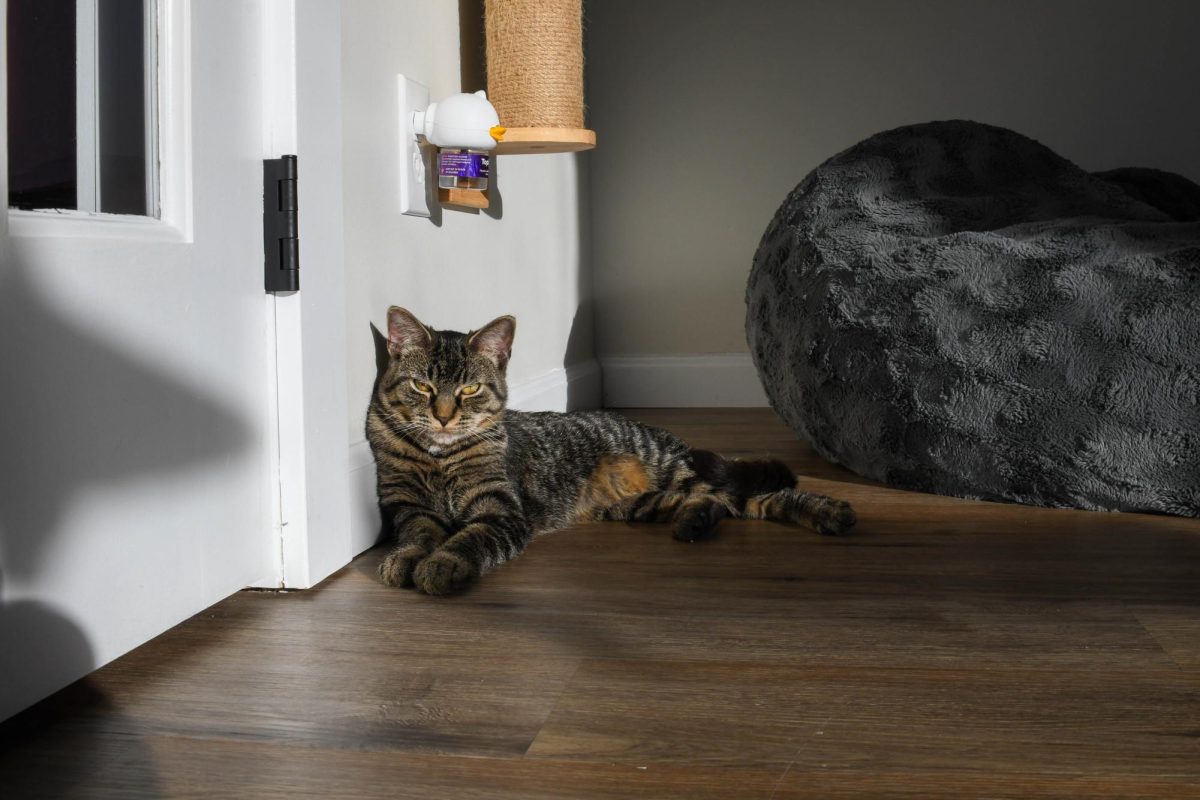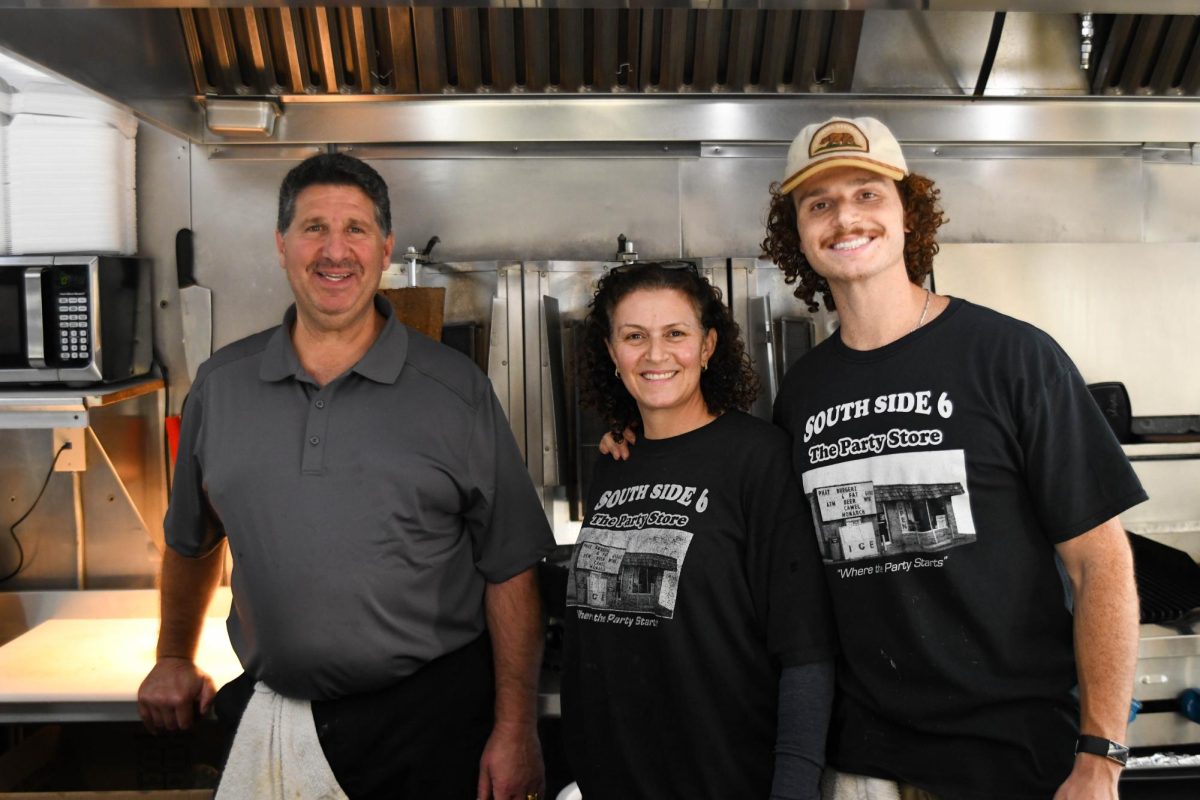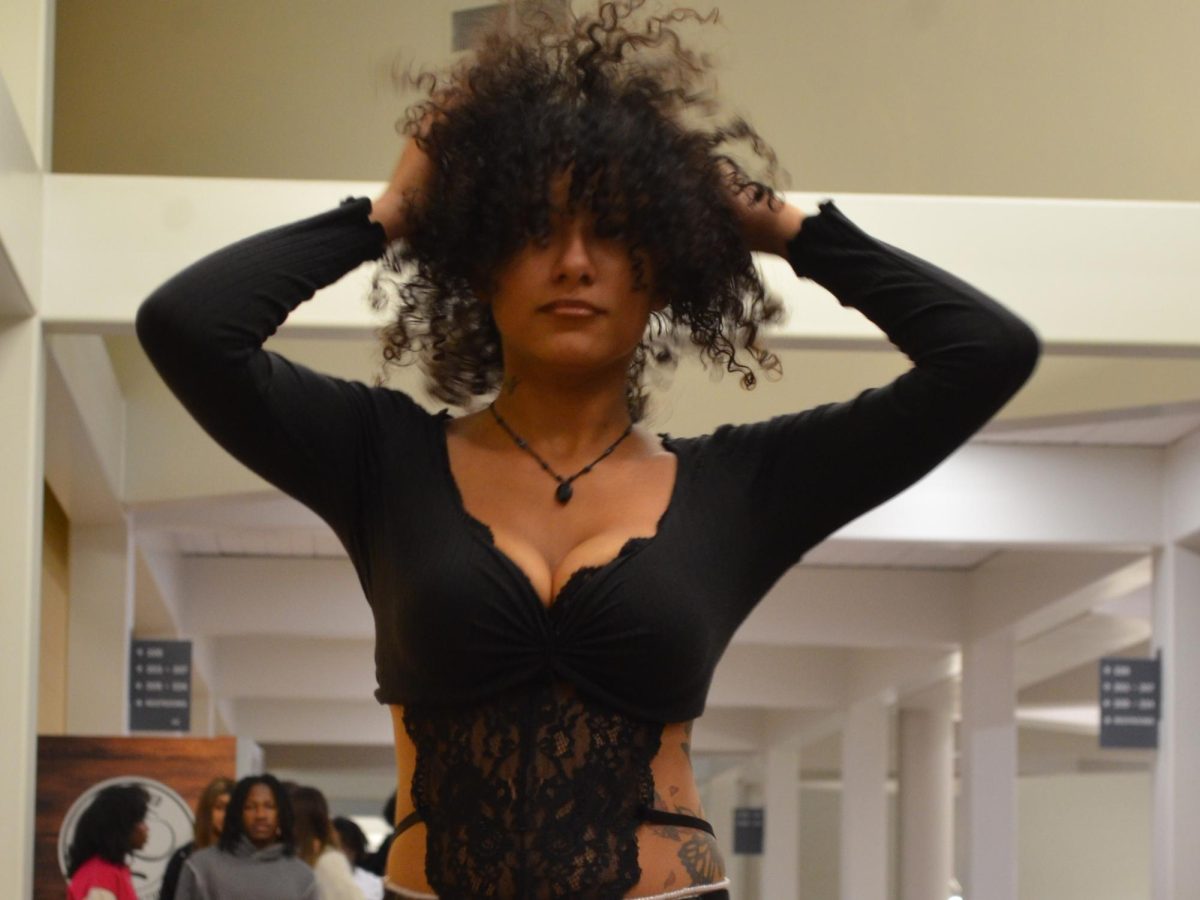Last Tuesday the University Honors Program hosted a panel discussion called “White Privilege.”
I attended the discussion hoping to hear a healthy debate on how prominent prejudice remains in America and whether or not it is systematically enough to universally favor Whites.
What I got was a sermon. The audience was told, in no uncertain terms, that racism is institutionalized within society, that minorities are inevitably the victims and that whites should feel guilty about their race – just not to the point that they would fear becoming activists for the cause.
Well I am white, and guess what? I do not feel guilty for the racist crimes committed by a minority of my race. And I use the word minority quite deliberately.
I do have a problem excepting some of the conclusions which BG faculty and students seem to take for granted.
For instance, nowhere in the “White Privilege” discussion did any of the panelists talk about why negative stereotypes are being perpetuated. Could it be because they are, in a minority of cases (there’s that word again), actually true?
Here’s the best example I can think of for the campus’ deliberate tunnel-vision. Suppose, in a purely rhetorical scenario, a white male attacks or even kills a member of a black power organization. This man would very appropriately be labeled a criminal, a racist and a hate-monger.
Now, in an equally rhetorical scenario, imagine a group of minorities – many of whom belong to gangs – attack local law enforcement officers and loot and burn a building in an urban setting (purely rhetorical mind you) such as Toledo, exclusively because a white power group was scheduled to march. So what do we call these young men who have committed crimes but who happen to be minorities?
We call them victims, or better yet freedom fighters. And here I thought we were supposed to be against double standards, silly me.
Here’s another one from the forum: a young lady stepped up and asked if the panelists believed that the Uptown-Downtown dress codes were inherently racist as they targeted “urban fashions” such as white T-shirts and sideways ball caps.
The panel unanimously answered yes, absolutely, and even went so far as proposing marches in protest of the establishment. Panelist Dr. Jeannie Ludlow was especially vehement, claiming that she could adopt banned attire and as a 45 year-old white woman would have no trouble entering the club.
This time around I was less amazed by the complete one-sidedness of the panel and more amazed by the capacity of advocates of political correctness to focus on the details to the point of completely missing the larger issue.
The clubs are not trying to ban certain attire; they are attempting to ban gang sponsorship. Now I fully agree that it is hypocritical of them to play some of the music they do, but the fact remains that there are not too many white, female 45 year-old gang members out there. But I am sure if there were the clubs would indeed stop Dr. Ludlow from entering with her white T-shirt.
Easily my favorite point of the night – and please take note of my sarcasm – was Dr. John Warren encouraging the audience to “actively do progressive acts” but be aware that “action for the sake of action is not always helpful.”
So basically, read up on racism and the necessity of affirmative action and any other race-based issue you so choose, just so long as you remain pro … what?
Equality? That is the question I felt the panelists blatantly failed to answer. Dr. Ludlow explained that minorities should not have to give up their customs and cultures, and Whites should not attempt to make minorities “just like us.”
Problem: it has been correctly concluded in U.S. history or racial segregation that separate is inherently unequal. Something has got to give here.
In closing, I would like to point out that I do not consider myself a racist. I do consider it racism when a room full of faculty and students deliberately turns a blind eye to potential problems within the minority communities and roundly condemns whites, accusing an entire race of enforcing a system long sense removed from American law.
So here is the question I did not have the courage to ask given the audience on Tuesday: What role do minorities play in perpetuating stereotypes and racism in America, especially considering recent events like the gang-based violence in Toledo and New Orleans?
Or better yet, how can the panel believe that this abstract concept of white privilege somehow justifies very real measures of reverse-racism in affirmative action scholarships and minority quotas? Can you answer these questions? I, for one, cannot.
‘#160;







